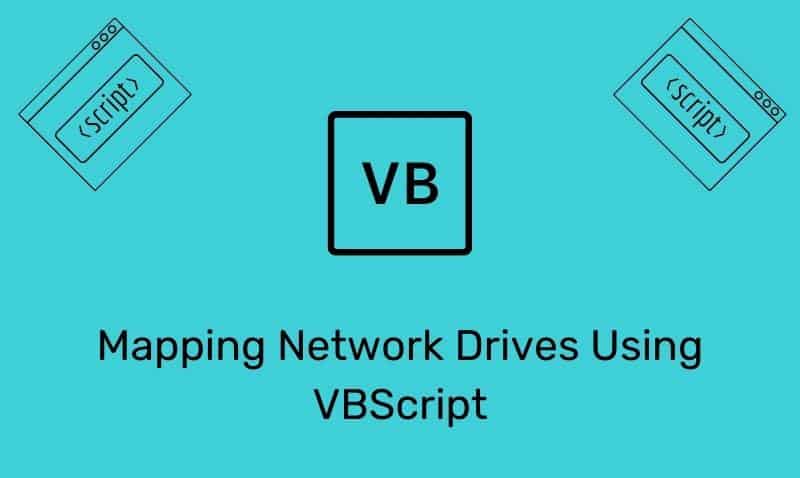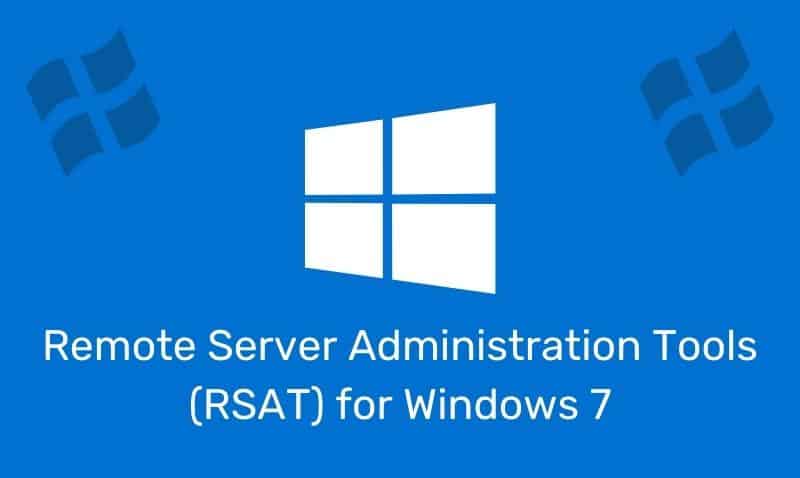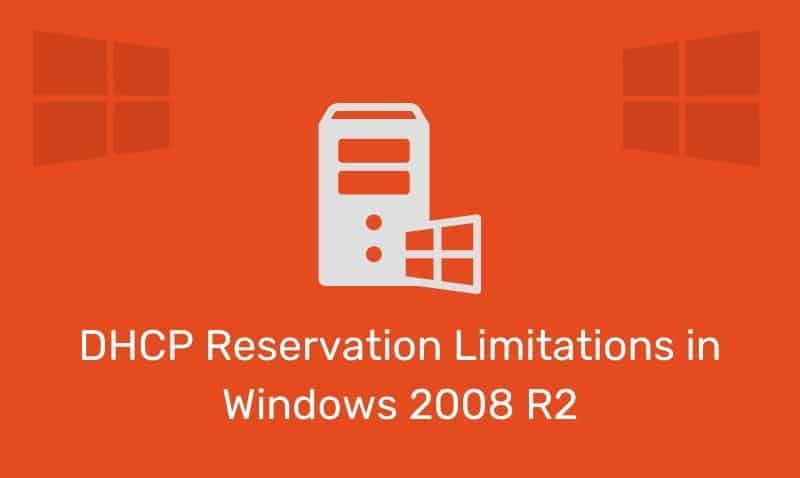The Internet Assigned Numbers Authority (IANA) has reserved certain IP addresses ranges as private addresses for use within a local area network (LAN). These IP ranges follow the standards set by RFC 1918 addresses. These addresses are not routable on the public Internet.
They should be used within a private LAN, generally behind a Network Address Translation (NAT) device or proxy server if access to a public network such as the Internet is required. Private IP addresses are used in networks that do not have sufficient public IP addresses to distribute on their LAN.
This is a common approach for the majority of organizations that connect their networks to the Internet. Organizations can use these address ranges to assign internal IP addresses without having to be concerned about the costs associated with public IP addressing.
These addresses are categorized as private because they are not globally delegated, meaning they are not assigned to any specific organization, and IP packets addressed in the private range will not be routed on the public Internet. Anyone may use these addresses without approval from a regional Internet registry (RIR).
The Internet Engineering Task Force (IETF) has directed the Internet Assigned Numbers Authority (IANA) to reserve the following IPv4 address ranges for private networks, as published in RFC 1918.
| IP Range | Total IPs |
|---|---|
10.0.0.0 – 10.255.255.255 | 16,777,216 |
172.16.0.0 – 172.31.255.255 | 1,048,576 |
192.168.0.0 – 192.168.255.255 | 65,536 |
You should note that the first block is nothing but a single class A network number, while the second block is a set of 16 contiguous class B network numbers, and the third block is a set of 256 contiguous class C network numbers.
Common Uses
Private IP addresses are used on residential networks as well as corporate networks. In residential networks, most Internet service providers (ISPs) only allocate a single publicly routable IP address to each residential customer.
However, many homes have more than one computer or other Internet connected device. In this situation, a network address translation (NAT) device/gateway is needed to provide Internet connectivity to multiple hosts.
Private addresses are also commonly used in corporate networks in the same manner On corporate networks in addition to a firewall that provides NAT services, proxies or similar devices are incorporated to provide restricted Internet access to network-internal users.
In both cases, private addresses are often seen as enhancing network security for the internal network, since it is difficult for an Internet host to connect directly to an internal system as well as the difficulty Internet systems connecting directly with internal, private assigned systems.
IPv4 Link-Local Addresses
In IPv4, link-local addresses are published in RFC 3927. Link-local are private IP addresses used in the auto-configuration by network devices when Dynamic Host Configuration Protocol (DHCP) services are not available and manual configuration by a network administrator is not implemented on the device.
The IP Address range of 169.254.0.0/16 is reserved for this purpose. If a host on an Ethernet network cannot obtain a network address via DHCP, an address from 169.254.1.0 to 169.254.254.255 will be self-assigned. These addresses are known as APIPA addresses.











